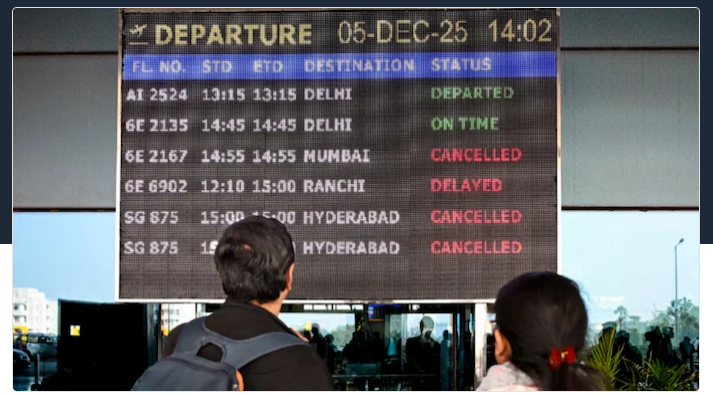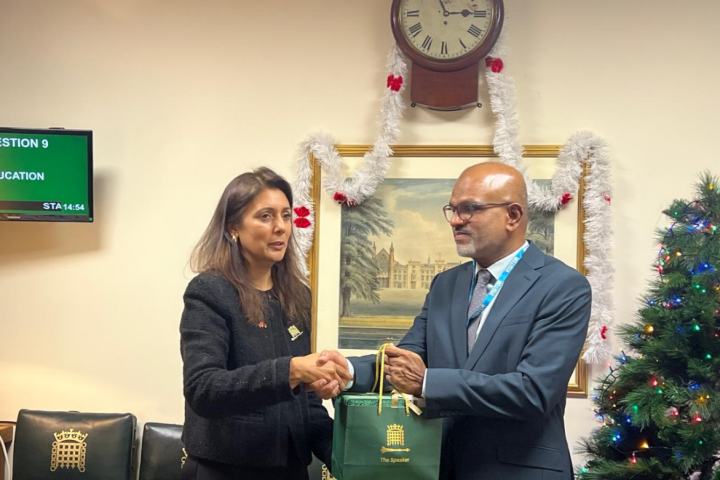Malé — The Maldives Inland Revenue Authority (MIRA) has referred the owners of Kani Hotels, the country’s largest guesthouse business, to the Prosecutor General’s Office on charges of intentional tax evasion. The allegations pertain to four guesthouses operated by the company on Maafushi island, a prominent tourist destination.
The tax fraud reportedly occurred between January 2019 and September 2022, involving the properties Kani Palm Beach, Kani Grand Seaview, Kani Village, and Kani Beach. MIRA’s audits uncovered discrepancies amounting to $800,000 (approximately MVR. 13.3 million) in taxes owed. The taxes in question include the green tax, Goods and Services Tax (GST), Business Profit Tax (BPT), and income tax.
The accused include Kani Hotels and Tours Pvt. Ltd., Asna Investment Pvt. Ltd., and three individuals: directors Abdullah Nasheed and his wife, Aiminath Asima Salim, as well as Aishath Razuna, who oversaw the company’s accounts. MIRA’s investigation revealed that the accused filed fraudulent tax returns by omitting key details about guest arrivals and revenue. Notably, the arrivals of guests booked through foreign tour operators and independent travelers were excluded from the reported data.
Kani Hotels, despite the allegations, remains a dominant player in the Maldives’ tourism sector. With four guesthouses comprising 490 beds, the company reported revenue of $4.1 million (MVR. 64 million) in the first four months of 2023. The company is also expanding its footprint with a 350-bed hotel under construction in Ukulhas island and a resort being developed in Vaavu Atoll on the largest sandbank in the atoll. The latter project, located 40 miles from Malé, faced significant local opposition before being awarded to Kani Hotels.
Adding to the significance of the case, Kani Hotels’ owner, Abdullah Nasheed, also serves as the president of the National Hotels and Guesthouses Association (NHGA), a key industry body.
The tax evasion case highlights the broader challenge of ensuring compliance in the Maldives’ lucrative but fragmented guesthouse and tourism industry, a vital economic pillar. MIRA’s findings underline the need for stricter oversight and transparency to safeguard public revenue from the rapidly growing sector.
Photo Courtesy: Booking.com











